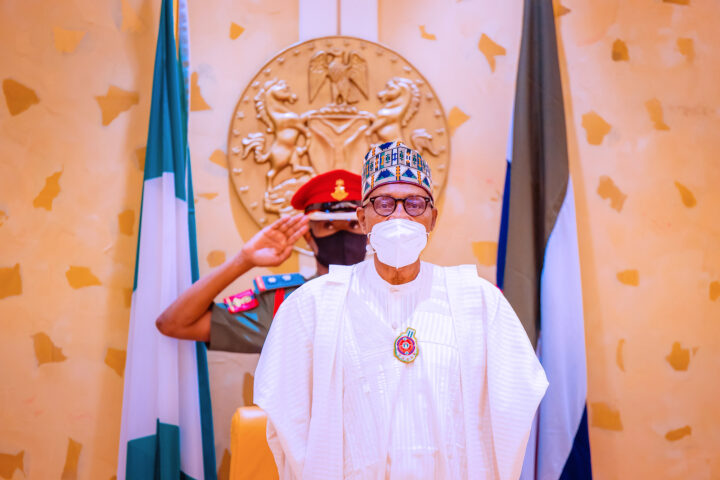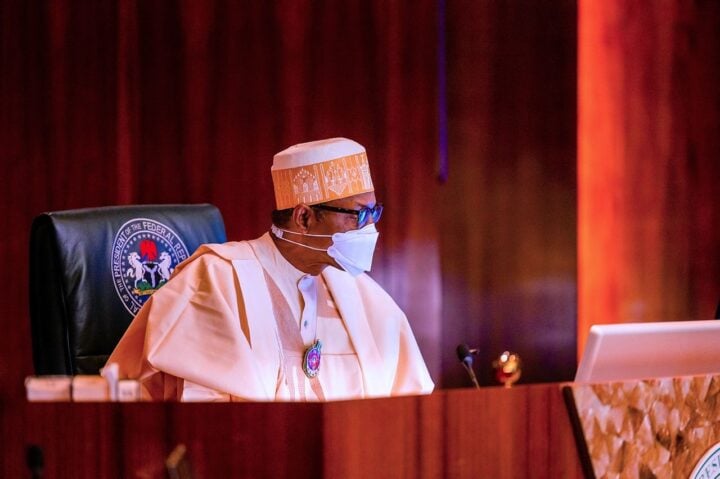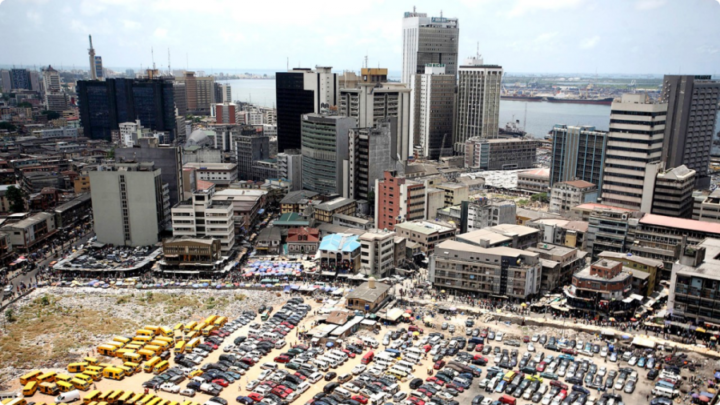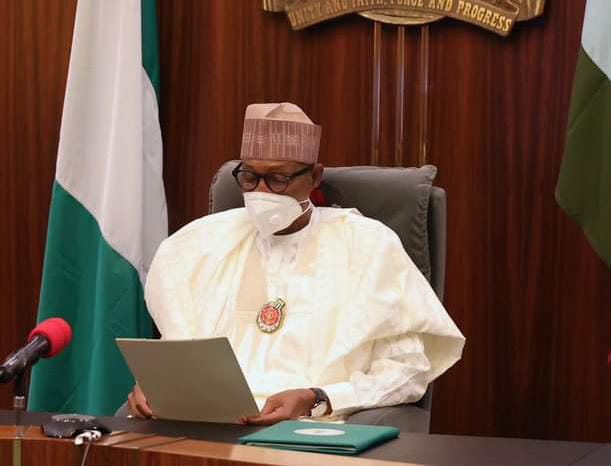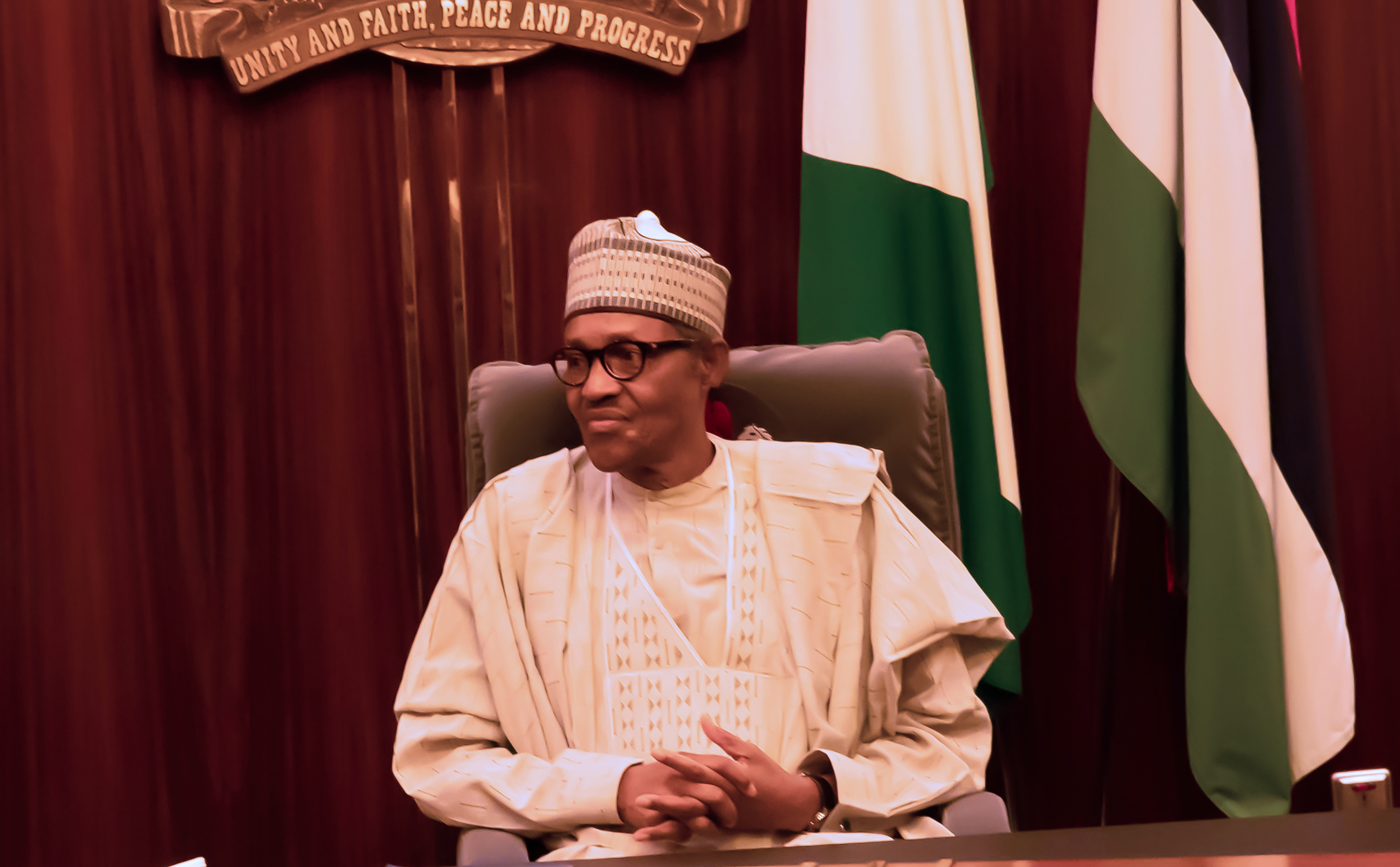Growing up, as a secondary school student who offered government, one very familiar cliche that has stuck with me since then, is the one that says: “Africa is the centerpiece of Nigeria’s foreign policies”- that is, Africa’s unity and independence, capability to exercise hegemonic influence in the region, peaceful settlement of disputes among Africans and African nations, non-alignment and non-intentional interference in the internal affairs of other nations, and regional economic cooperation and development. What this means is that African interests will always be at the core of the considerations that shape what position Nigeria takes in her international relations with countries or multilateral bodies. This Afrocentric slant of Nigerian foreign policy dates back to the era of the first post-independence Nigerian minister for foreign affairs, Jaja Wachukwu. Blessed were those days when Nigeria was one of the most vocal voices of all anti-apartheid campaigners. In the spirit of Pan-Africanism Nigeria was, and is still ready to stake everything, just to uphold the dignity of the “African Man”.
From Namibia to Zimbabwe, to Angola, to South Africa, to Liberia, Sierra Leone, and the Gambia, Nigeria has sacrificed (lost) many lives, limbs, or both, among other resources to restore the dignity of the African man. But a look at how the selflessness, that is scaffolded on the spirit of African brotherliness has been responded to, by the beneficiaries, leaves much to be desired. The xenophobic attacks in South Africa that later snowballed into “Naija-phobic” attacks against Nigerians and the recent discriminatory targeting of Nigerian businessmen in Ghana, against the ECOWAS charter of free trade, are cases in point. For instance; Nigeria. When I say Nigeria, I mean the country and her people, sacrificed resources, giving all forms of supports to our black brothers in the southern and other parts of the continent, especially, Namibia and South Africa, as they struggled to gain independence from the British colonial imperialists.
This includes raising funds, and moral supports. Technical aid corps (TAC) – a programme which sent Nigerian professionals overseas to engage in volunteer work – a brainchild of Bolaji Akinyemi, who was Nigeria’s foreign affairs minister between 1985 and 1987, is also an eloquent testimony to the afrocentric nature of Nigeria foreign relations and diplomacy. It was designed to “promote the country’s image and status, as a major contributor to Third World and particularly African development”. The Nigerian government even went as far as imposing a special tax to raise funds for the liberation cause against apartheid in the southern part of the continent.
Nigeria put her relationship with Great Britain on the line, when on August 1, 1979, she announced the nationalisaton of the British shares in a jointly-operated oil company in what appeared to be the start of a major drive to force Britain to change its Rhodesia policy; and it proved successful. The British delegation to the Lusaka conference that year, headed by the then prime minister, Margaret Thatcher, described the federal government’s action as an “extraordinary move” due to its timing and manner of execution, by the then foreign affairs ministry, under Henry E. O. Adefope, during Obasanjo’s military regime was a veritable source of pride to Nigerians, nay Africans. That was how far Nigeria has gone in advancing and protecting the interests of Africa.
Advertisement
The crux of today’s piece is that; beyond the shores of Africa, there are many countries, rich or poor, which have Nigeria as their respective strategic socio-economic partners. International relations and diplomacy is anchored around the rule of reciprocity, after mutuality of benefits has been taken care of, through crafty negotiations by parties.
Recently, there has been an emerging trend that, some partner countries that are supposed to be into bilateral relations with Nigeria on the principle of equality, turn around, wanting to browbeat her into doing their bidding, most of the time, at the detriment of Nigerian national interest. A case in point is the one involving the United Arab Emirates – the Emirates Airline, and Nigeria – Air Peace. The long and short story is that; Nigerian Civil Aviation Authority (NCAA), an agency under the ministry of aviation, that allows Emirates Airlines to do the Abuja-Dubai route 21 times a week from Abuja to Dubai decided to restrict it to just once a week. This is in retaliation for the unilateral decision of the Arab nation to reduce a Nigerian carrier, Air Peace, from three to one in a week, in blatant disregard for the bilateral aviation safety agreement (BASA) between the two countries. But the UAE denied, claiming that the fault was with Air Peace for abandoning its slots in Sharjah and angling for slots in other airports in the country. Air Peace, also, countered the claim.
In stepped the ministry of aviation under the leadership of Hadi Shirika who ordered the restriction of Emirates Airlines which was hitherto doing 21 times — you heard me right, 21 times a week — Abuja-Dubai route to one.
Advertisement
Last week, a report emerged that the UAE had backed down by increasing the slots for Air Peace to at least seven a week. But according to a report by PUNCH newspaper, Air Peace revealed on Tuesday last week that it was still awaiting the receipt of an official letter conveying the decision from the United Arab Emirates on the concession of seven-flight slots to the carrier by the UAE government. The airline would later confirm having its slots increased to about seven but that it should consider spreading the slots to other airports in the Emirates and not insisting on taking the whole slots in Sharjah as it claims the airport is operating at about 140% capacity.
What I can deduce in all these shenanigans is that, by the time the principle of reciprocity kicked in, I noticed some “brain resetting” there. Common sense prevailed. National pride restored. Garland for Hadi Shirika, and by extension, his boss, President Muhammadu Buhari, for that strong and decisive response.
It would be recalled that something similar happened between the country and the UK, which red-listed Nigerian and ten other countries in Africa, on account of being sources the Omicron variant of COVID-19 currently ravaging the world and also suspending the treatment of visa applications by Nigerians till God-knows-when. There was a restriction of flights from those countries to the UK. Meanwhile the minister for health, Osagie Ehanire said, out of 21 positive cases, more than half of them were UK returnees. Initially, I thought Nigeria’s response would not go beyond “Lai-Mohammedism” – media ranting but it went further than that, to my pleasant surprise. The federal government did not only condemn what it describes as an “apartheid policy, but also responded very strongly, with a counter-restriction of UK travelers, coming into the most populous African nation. Shortly after that, a video of the UK secretary of state for health and social care, Sajid Javid, on the floor of the British parliament surfaced in the news, briefing the lawmakers on the need to lift the restrictions on Nigeria and others. He said it (travel restrictions) had become “less effective in slowing the incursion of Omicron from abroad”.
Canada had red-listed Nigeria, but health minister Jean-Yves Duclos announced that the ban would be lifted effective, Saturday, December 18 in the evening, Nigerian time. Only Saudi Arabia is yet to rescind her own decision. Nigeria did not particularly respond to either Canada or Saudi Arabia. I think the Nigerian authority felt that response to the UK and UAE, would be strong enough for Saudi and Canada to behave well.
Advertisement
Lest we forget, when COVID-19 first surfaced in China towards the end of 2019, no country dared bully or disrespect China the way the trio of Britain, Canada, and Saudi Arabia had attempted to treat Nigeria over the latest variant that did not even originate from the country.
I was elated being a Nigerian, when I read a report, quoting the minister for aviation, Hadi Sirika saying the decision to retaliate against UAE was taken to sustain the national pride of over 200 million Nigerians. To cap it all, the federal government is now reported to be considering a “slot system” in regulating the operations of foreign airlines into the country, according to the director-general of the Nigerian Civil Aviation Authority (NCAA), Musa Nuhu, who made the disclosure as he spoke with journalists on Monday in Lagos. That is another “One-one-goalless-draw”, as we say in local parlance.
I must confess, for the first time in a while, President Muhammadu Buhari’s administration really mesmerised me with the way and manner it deployed the weapon of “diplomatic reciprocity” to resolve these issues. I never thought such a coordinated and well-thought-out response could ever come from the regime again, before it expires on May 28 2023. But here we are, what with, the clumsiness that had characterised the way it handled similar issues in the recent past. After all, a bad clock would always be correct, at least, twice a day, according to my late father.
As I try viewing from these countries’ standpoints, it dawns on me that, we must not however lose sight of the national interests that is at play in each of the diplomatic rows with these countries – the need to protect their citizens. To most countries of the world, it is a factor that overrides every other consideration. But I doubt if that could be the case with Nigeria. Otherwise, how does one explain the failure of President Buhari to postpone the recent state visit by the South African president, Cyril Ramaphosa, days after the discovery of the variant in his country? He paid a state visit to Nigeria and days later tested positive for Omicron. It would have been a symbolic gesture by the federal government that it cares for the wellbeing of Nigerians and is a responsible member of the international community. A Joe Biden would have written to a Ramaphosa in this kind of situation, to suspend his visit, till a later date. So I do not blame those who choose to protect the well-being of their people at the expense of one not-so-meaningful friendship.
Advertisement
But, by and large, Hadi Shirika is my hero. He emerged as the “star boy” of the game. Kudos to other members of the cabinet like Geoffrey Onyeama, Osagie Ehanire, Lai Mohammed ministers of foreign affairs, health, and information and culture, respectively. And also, kudos to President Buhari, the one on whose desk the buck stops.
Abubakar writes from Ilorin. He can be reached via 08051388285 or [email protected]
Advertisement
Views expressed by contributors are strictly personal and not of TheCable.

